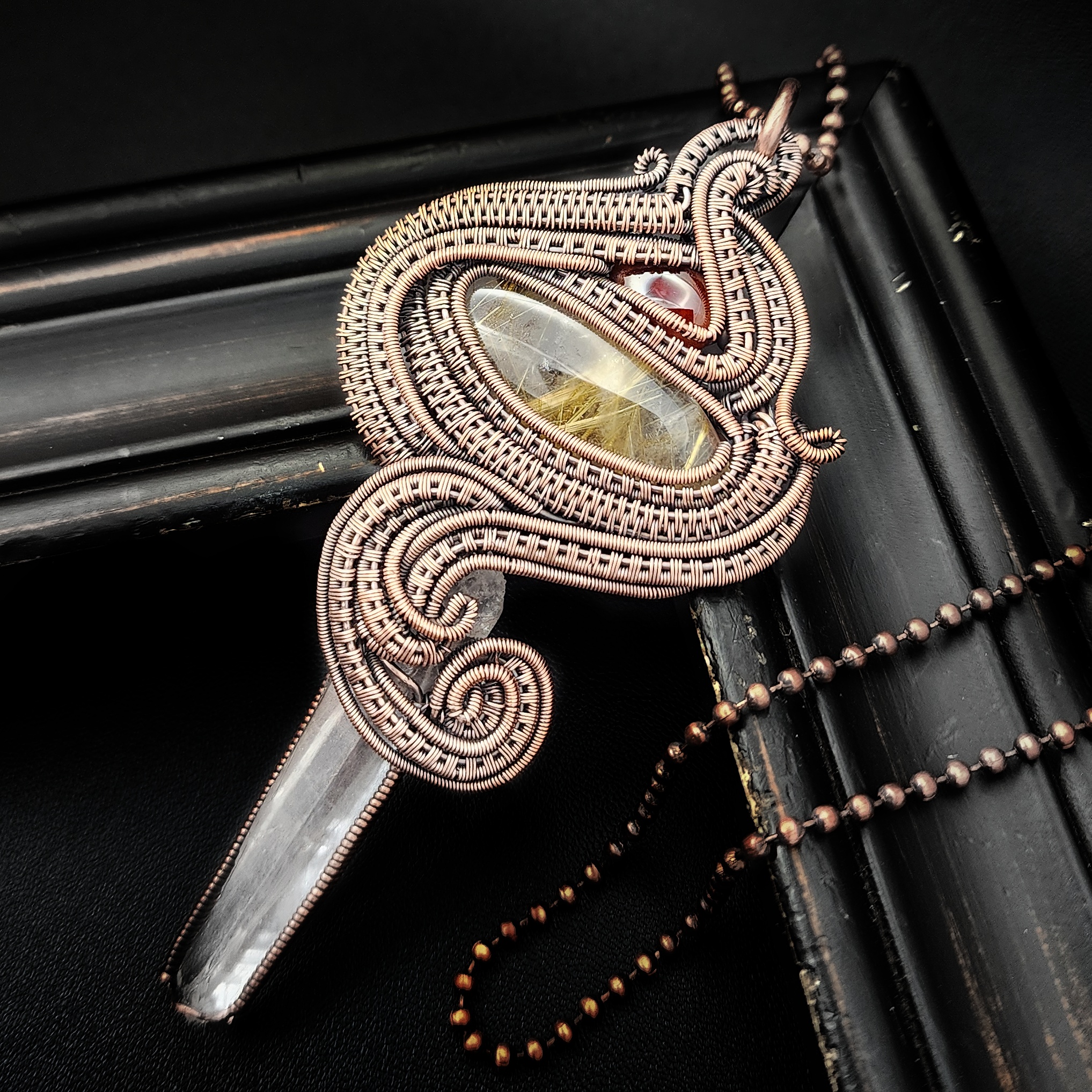The Truth About The Creative Community
- Nicole Hanna
- Nov 28, 2024
- 3 min read
Let me start with this: we're all human.
We're fallible and we make mistakes and sometimes we don't act in accordance with our higher purpose, with joy or happiness or for the lifting up of others in the face of difficulty or lack of confidence. It happens to the best of us that we serve our own interests over those of others, and it's not my intention to suggest there isn't a time and place for that. I believe in self-love and self-care and that sometimes it's in our best interest (and therefore, the interests of our loved ones) to cater to our our own needs first. What's the saying? Take care of yourself before you care for others. Because it's incredibly difficult to commit to the needs of others when we can't recognize how our own time, energy and mental health is coping prior to or during this process.
So, how does this relate to the creative community?

While I'll provide some examples, please understand these are only that.... examples. Based on actual interactions and conversations, but examples without personal emotional attachment, for the purposes of this dialogue.
The creative community, especially in a digital era, is an incredible thing. It's a collective sentience from which a world of spirits conjoin to feed the whole. During the last ten years, I've been incredibly lucky and blessed to have experienced some unbelievably positive communications and friendships as a result of my presence and interaction within a creative online forum (in one capacity or another). And I can happily assert that the positive far outweighs the negative, at least when drawing from my own experiences.
But there is a worm working its way through the essence of our communal purpose.
Perhaps it's always been there, this bit of darkness, and it's only the ever-growing digital world that allows it a stage for its play. But I'm concerned, folks. Truly. I run a large wire wrapping Facebook group, with over 26k members (and counting) and, while the majority of the interactions are (thankfully) super helpful, positive and from a place of growth and inspiring creative spirit, there's an alarming amount of negativity. And, having thought about it for some time now, I'm confident in my theories regarding its source.
In essence, self-doubt breeds ugliness. Because there's an undeniable need to tear others down to lift ourselves up. It's easier to see ourselves as better than we believe ourselves to be, when we convince others they are somehow less. In the last week, I've seen individuals criticize (and I have a very strong opinion against offering unsolicited advice or critical commentary) the work of others, for no other reason than to hear themselves talk. Because, ultimately, criticisms are only beneficial when shared in a manner that is empowering. This social skill, like any other, must be learned.
"Why did you leave so much negative space in this piece? It looks awful."
"It's no wonder this took you so long to make. You've completely overworked it. Simple is better."
"Did no one teach you how to use tools properly?"
"You're charging WHAT? For THAT?"
In the creative community, when does serving our own interests justify questionable behavior? If everyone doesn't leave an interaction having been empowered, even if only a little, then there's no justification at all. It's not "helpful" to make any of the above statements, and I honestly and sincerely question the motivations of those who believe otherwise.
It's time we, as a whole, take a moment. Stop and think about how our opinions, and how we chose to express those opinions, affect others. We can no longer enable this behavior, nor foster an atmosphere in which it's more acceptable to say "Well you posted it online, so you should expect people to tell you they don't like it" than to say "I can't wait to see your next creation" or, if you can't or wont indulge in false compliments, say nothing at all. It's time we recognize that because we can offer an opinion doesn't mean we should, and it's important to understand the needs of those sharing their work before we commit to our comments to them.
Words have power. And this power is motivated by either negative or positive intention. Will you chose to use your power to diminish others, or lift them up?




Such an insightful post! It's refreshing to hear about the realities of the creative community and how collaboration can truly drive growth and success. https://hancockssignetrings.com/